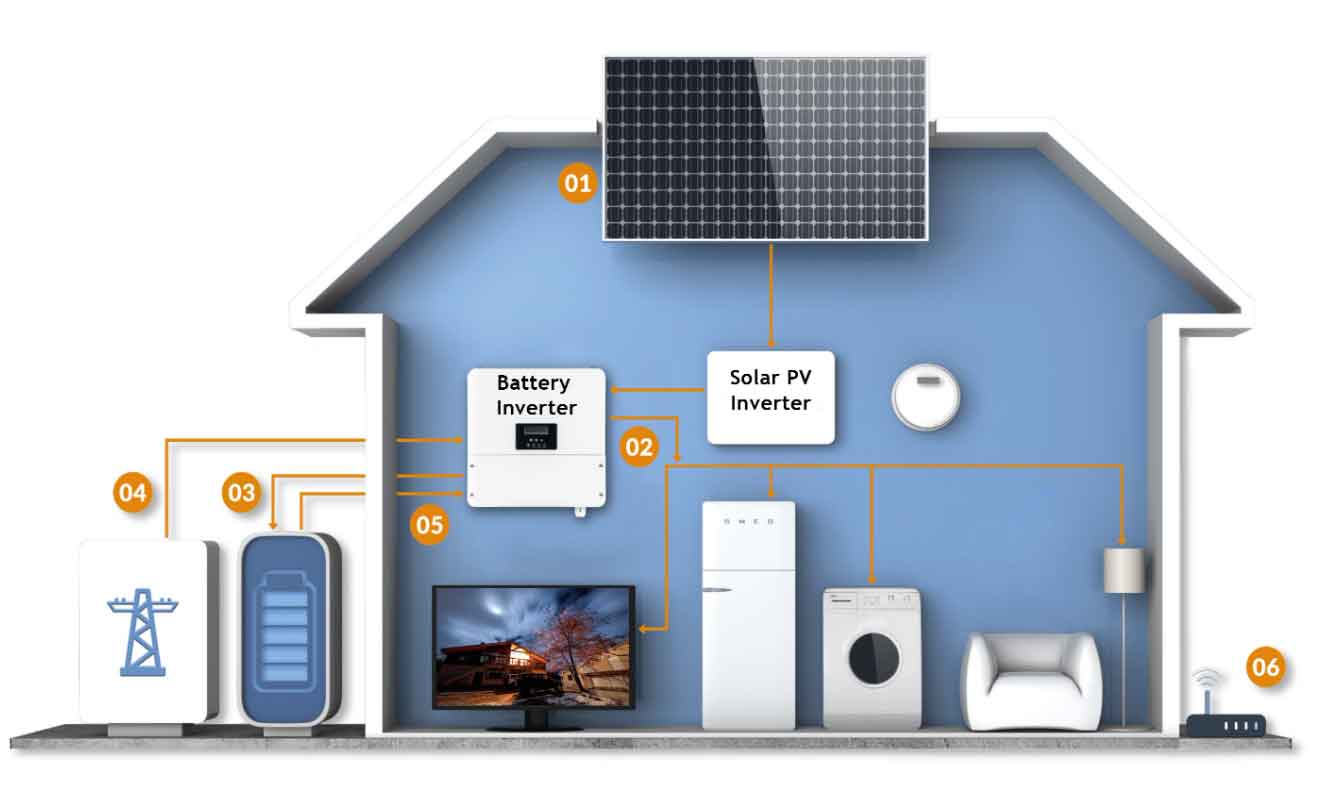
As the world continues to shift towards renewable energy sources, residential solar energy solutions have become increasingly popular. Among the various components that make up a residential solar energy system, solar battery storage plays a pivotal role in maximizing the benefits of solar power. This article explores the importance of solar battery storage in residential energy solutions, its advantages, and how it can contribute to a more sustainable future.
Understanding Solar Battery Storage
Solar battery storage systems are designed to store excess energy generated by solar panels during the day. This stored energy can then be used during periods when solar panels are not generating electricity, such as at night or during cloudy days. By storing surplus energy, homeowners can reduce their reliance on the grid and ensure a steady supply of electricity.
Advantages of Solar Battery Storage
- Energy Independence: One of the primary benefits of solar battery storage is the increased energy independence it offers. Homeowners can use stored solar energy instead of relying on the grid, reducing their electricity bills and vulnerability to power outages.
- Cost Savings: By storing excess solar energy, homeowners can avoid peak electricity rates and reduce their overall energy costs. Solar battery storage systems can also enable participation in net metering programs, where excess energy is sold back to the grid.
- Environmental Impact: Utilizing solar battery storage reduces the reliance on fossil fuels and decreases greenhouse gas emissions. It contributes to a cleaner, more sustainable energy system.
- Enhanced Grid Stability: By storing and using solar energy locally, homeowners can help reduce the strain on the grid during peak demand periods. This contributes to a more stable and resilient energy infrastructure.
Key Components of a Solar Battery Storage System
A typical solar battery storage system consists of several key components:
- Solar Panels: These capture sunlight and convert it into electricity.
- Inverter: This converts the direct current (DC) electricity generated by the solar panels into alternating current (AC) electricity used by most household appliances.
- Battery: This stores the excess energy generated by the solar panels.
- Charge Controller: This regulates the flow of electricity between the solar panels, battery, and inverter to ensure safe and efficient operation.
Comparing Solar Battery Storage Options
When selecting a solar battery storage system, it’s essential to consider various factors such as capacity, efficiency, lifespan, and cost. The table below compares some of the top solar battery storage options available for residential use.
| Battery Model | Capacity (kWh) | Efficiency (%) | Lifespan (Years) | Cost ($) |
|---|---|---|---|---|
| Tesla Powerwall 2 | 13.5 | 90 | 10 | 8,500 |
| LG Chem RESU | 9.8 | 95 | 10 | 9,000 |
| Sonnen Eco | 10 | 93 | 10 | 9,500 |
| Volt Coffer | 10.1 | 96 | 10 | 7,000 |
| BYD B-Box | 13.8 | 94 | 10 | 8,000 |
Future of Solar Battery Storage
The future of solar battery storage looks promising as technology continues to advance and costs decrease. Innovations in battery chemistry, such as the development of solid-state batteries, promise to improve efficiency, capacity, and safety. Additionally, as more homeowners adopt solar energy solutions, the demand for solar battery storage systems is expected to grow, further driving advancements in this field.
Conclusion
Solar battery storage plays a crucial role in enhancing the efficiency and reliability of residential solar energy systems. By providing energy independence, cost savings, and environmental benefits, solar battery storage systems are an integral component of a sustainable energy future. As technology continues to evolve, homeowners can look forward to even more efficient and cost-effective solar battery storage solutions, contributing to a greener and more resilient energy system.
